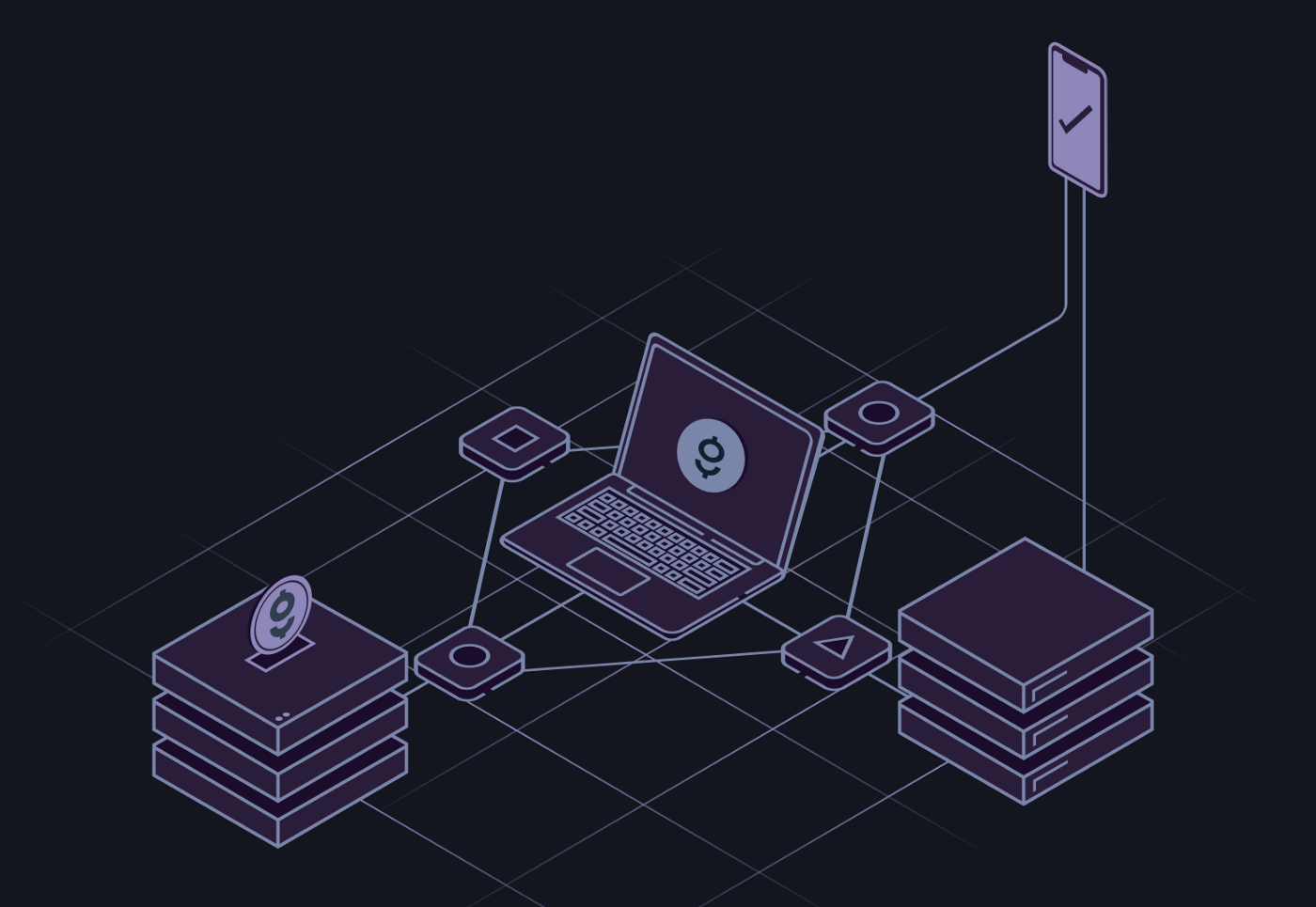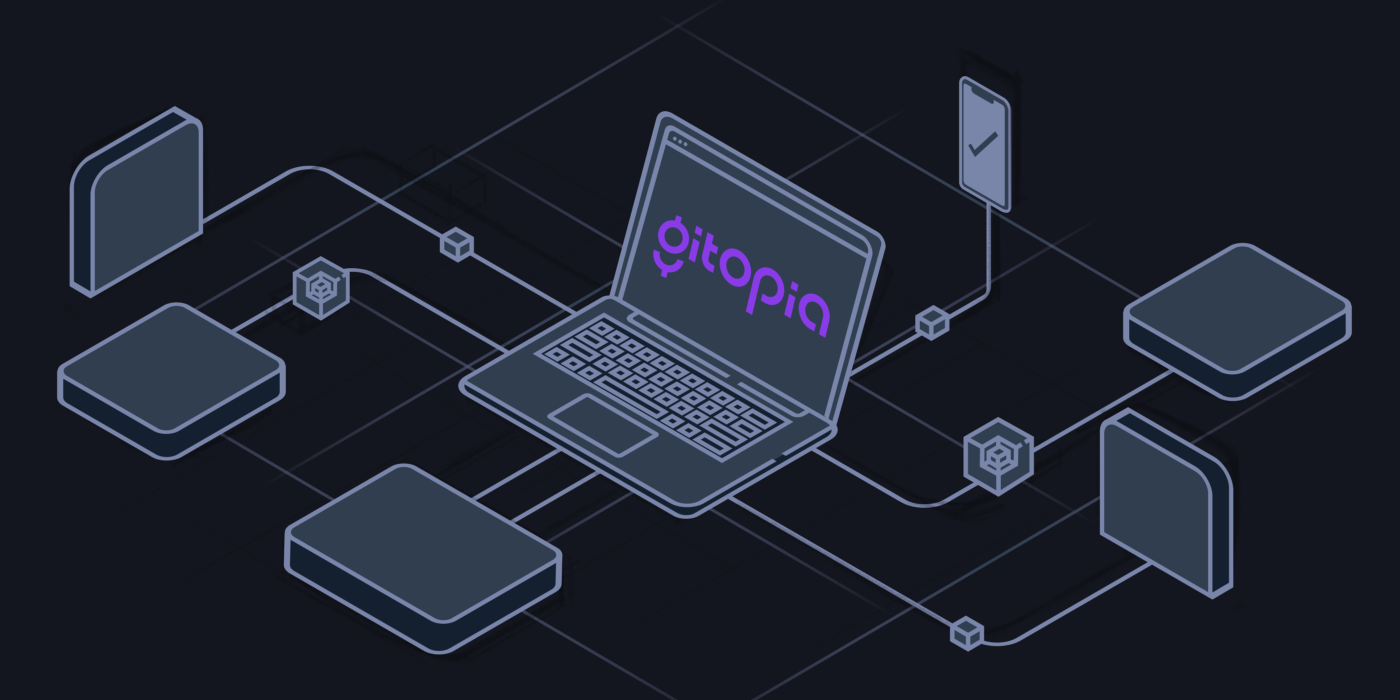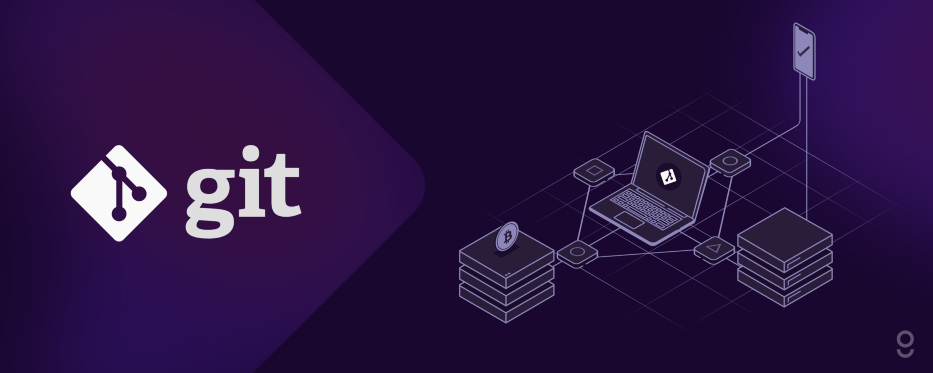A central facet of any blockchain is its consensus mechanism. Consensus refers to how all the stakeholders in a decentralized network agree on the validity of shared data (typically some kind of transaction, but not always) and secure that data on the blockchain. Consensus must be achieved before a blockchain network can move on and process new transactions. Proof of Stake (PoS) is an algorithm employed by cryptocurrency protocols to reach a consensus. In PoS blockchains, an individual or group is algorithmically chosen to verify transactions with computer hardware based on the tokens they have staked or locked up in the network as a form of collateral.
The Gitopia main chain is powered by the Tendermint delegated Proof-of-Stake (dPoS) Byzantine Fault Tolerant (BFT) consensus algorithm. It is secured in a permissionless manner by a globally distributed set of validators.
In dPoS networks such as Gitopia, the network is only as resilient as the strength of its validators/stakers. The lower the overall number of a network’s tokens staked, the higher the surface for attacks like double spends, and parallel chains/forks to occur. While this will always be a viable attack vector for all networks with both small and large market caps, the smaller networks are the most susceptible especially in their early years of growth as the cost to attack them is much lower in their initial stages.
Due to the above reasons, it is quite important for us to understand more about validators and delegators and their role in securing the Gitopia ecosystem.
Staking
Staking is the process of locking up a digital asset (LORE in the case of Gitopia) to provide economic security for a public blockchain. Public blockchains are permissionless networks, meaning anyone is free to participate in maintaining them. As a result, it would be possible for some of the network maintainers (called validators) to act maliciously. To ensure that the maintainers behave in the network’s best interest, the locked-up assets are at risk of being partially slashed (destroyed) if there is evidence that a fault was committed.
Due to practical constraints of the software, the number of validators on Gitopia has to be capped. This restriction does not mean those LORE token holders who do not operate as validators themselves can’t participate in securing the network. In fact, LORE tokens are designed to let each holder participate in securing the network using a mechanism called delegation. When LORE holders stake their LORE tokens, they must choose one or more validators to delegate to. The delegators are then eligible for receiving rewards but are also at risk of slashing, if the validators they choose, misbehave.
Validators

A validator is a semi-trusted entity responsible for validating and producing blocks. The Gitopia main chain relies on a set of validators to secure the network. Validators secure the Gitopia main chain by validating and relaying transactions, proposing, verifying, and finalizing blocks. By performing those tasks, they earn LORE tokens as a reward. In the case of block provisioning, the reward comes from the tokens newly minted on that block. Validators must also participate in governance by voting on proposals. Validators are weighted according to their total stake. Validators can stake their own LORE tokens or delegate tokens of other stakeholders.
Roles and Responsibilities of Validators:
- Run a full node and participate in consensus by broadcasting votes which contain cryptographic signatures signed by their private key.
- Validators commit new blocks in the blockchain and receive block rewards in exchange for their work.
- Validators must be able to run the correct version of the software constantly. They need to ensure that their servers are always online and their private keys are not compromised.
- Validators must actively participate in platform governance.
- Validators are expected to be active members of the community.
Incentives to participate in the Gitopia ecosystem
- Validators earn newly minted LORE tokens for provisioning new blocks.
- They will also earn a transaction fee for processing transactions on the Gitopia platform.
- Validators can earn a percentage of rewards as commission when they stake LORE tokens delegated to them by LORE token holders.
- Validators can vote on all the platform-related decisions and shape the future of Gitopia.
Delegators
Delegators of the Gitopia ecosystem are holders of LORE tokens, who use some or all of their LORE tokens to secure the Gitopia main chain. There is no minimum amount of LORE tokens required to stake tokens. Delegators help secure the Gitopia main chain by selecting one or more validators and delegating their voting power to them by putting up LORE tokens as collateral. In return, delegators can earn a proportion of the transaction fees as well as block rewards.
Validators never obtain custody of the LORE tokens delegated to them. Thus, there is no risk for delegators of their LORE tokens being stolen by validators. However, there is a risk for delegated LORE to be slashed.
The role they play in the Gitopia ecosystem
- Help in securing the chain by staking LORE tokens
- Participate in Network governance
- Actively monitor the validators with whom they have staked their tokens and switch to another validator if they are unsatisfied.
Incentives to participate in the Gitopia ecosystem
- Delegators can earn a share of validator rewards by delegating their tokens to any of the network’s validators. The percentage of the revenue allocated to token holders will be proportional to the number of tokens staked.
- Delegators can vote on all the platform-related decisions and shape the future of Gitopia.
Slashing:
Slashing is an event, which results in a loss of stake percentage, depending on the type of network violation and jeopardizing the safety of other participants. Therefore, it represents not only a financial incentive to act properly but also is a measure to prevent nothing at stake problem.
Gitopia is a complex ecosystem where LORE tokens act not only as an economic incentive but also represent a governance unit playing a crucial role in ecosystem security. In that way, slashing becomes a tool that influences voting power distribution.
Besides, it affects the authority of caught fraudulent participants, motivates validators to improve their infrastructure, and in the case of delegators, to do due diligence and diversification amongst validators. Slashing also acts as a decentralization mechanism motivating re-delegate LORE tokens to more reliable or even smaller validators with equal security and infrastructure set up.
Slashing Events:
If a validator misbehaves, their delegated stake will be partially slashed. There are currently two faults that can result in slashing of funds for a validator and their delegators:
- Double signing: Double signing can cause a double-spend or chain fork. The wrong setup of the validator’s infrastructure or key compromise are the most common occasions that cause this type of slashing. If someone reports on chain A that a validator signed two blocks at the same height on chain A and chain B, and if chain A and chain B share a common ancestor, then this validator will get slashed by 5% on chain A. The validator also loses the right to propose blocks and earn rewards without the ability to un-jail. All delegators of this validator enter the unbonding period, which lasts 21 days.
- Downtime: Downtime occurs when the validator is offline and does not participate in block commitment signing less than 5% of the blocks in a row of 10000. This situation leads to a loss of 0.01% stake not only for validators but also for bonded delegators. In addition, the validator drops out of the consensus and does not earn block rewards for at least 10 minutes. After fixing the issues, the validator can re-join the validators set by sending an un-jail transaction.
Slashing also affects LORE tokens, which were in the unbonding phase when one of these events happened.
---
The above article is a brief introduction to the staking mechanism used to secure the Gitopia main chain. Also explained above are the roles and responsibilities of validators and delegators in the Gitopia ecosystem and the incentives offered to them.
Click here to learn about the other ecosystem participants, their incentives, and their roles in the Gitopia ecosystem.
---
About Gitopia
Gitopia is the next-generation Decentralized Code Collaboration Platform fueled by a decentralized network and interactive token economy. It is designed to optimize the software development process through collaboration, transparency, and open source incentivization.
Follow us
Website: https://gitopia.com/
Whitepaper: https://gitopia.com/whitepaper.pdf
Telegram: https://t.me/Gitopia
Discord: https://discord.com/invite/mVpQVW3vKE
Twitter: https://twitter.com/gitopia_DAO
Forum: https://forum.gitopia.com/


